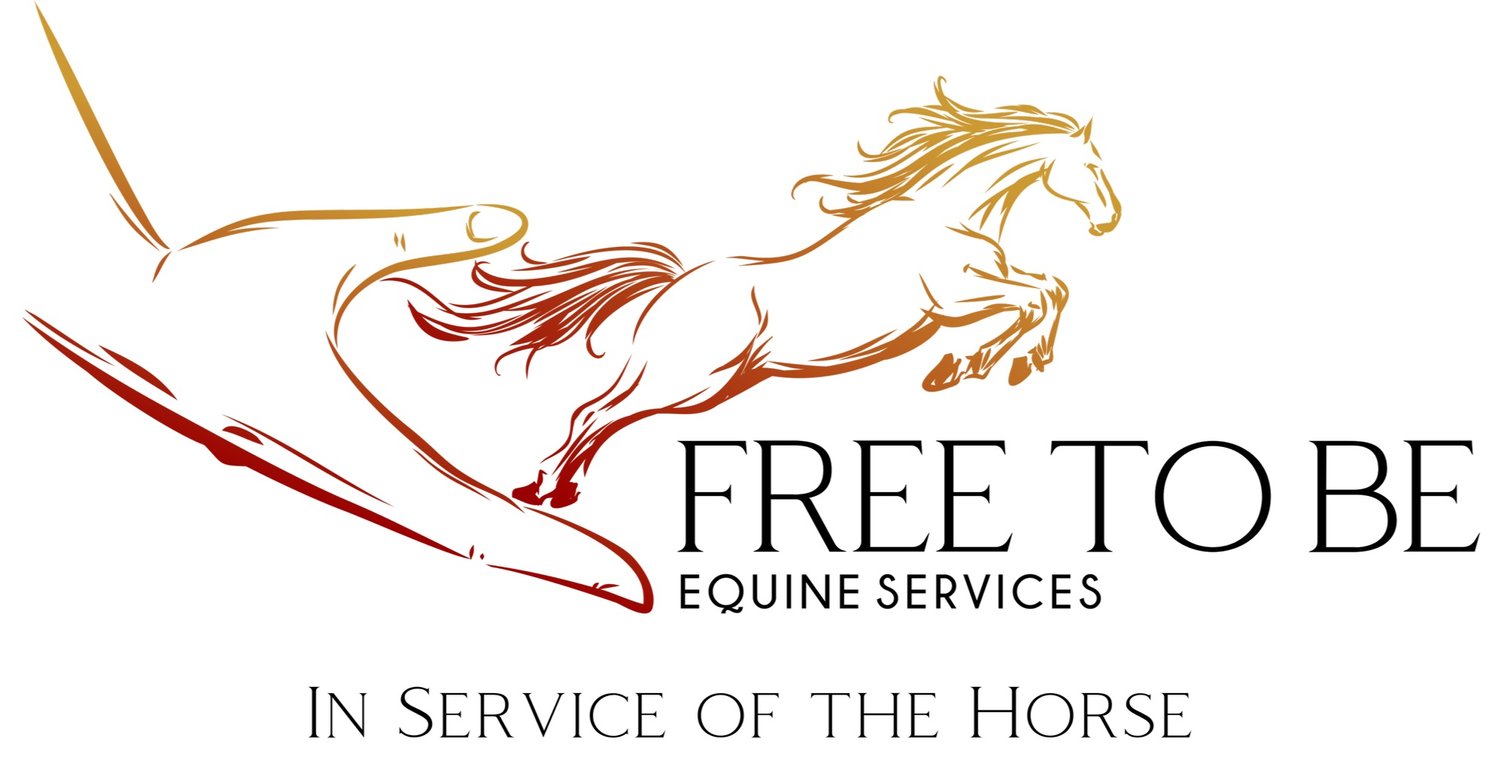There are so many ways to support a horse that is on rest from an injury. A common misconception that we see in the equine therapy/physio/bodywork industry is that such work only has value for horses if they are ridden regularly. When a horse is on rest, especially with a restricted movement recovery space (stall or paddock), it is vital to ensure that their body is receiving support throughout their recovery. This looks like:
Gentle exercises to regain or maintain both joint and soft tissue range of motion and strength, preventing long-term mobility issues.
Techniques to improve or maintain coordination, balance, and overall physical function, helping your horse return to daily activities and riding safely.
Proprioceptive work to maintain or adjust posture and movement patterns, reducing the likelihood of reinjuring the same area in the future.
Promotion of blood, lymph, and cerebrospinal fluid flow, as well as joint fluid production, which is often diminished with lack of movement and can hinder the body's ability to heal.
Pain relief through both hands-on bodywork and supportive tools such as red/NIR light, kinesiology taping, etc.
My dog had spinal surgery in the fall of 2024, and his neurosurgeon gave me a list of physio exercises to start right away, on top of his daily amount of walking. She also referred us to a canine rehab specialist to receive more specific exercises about a month post-op. This is common in the small animal world, but oddly does not usually translate into the equine one; despite the negative impacts that reduced movement has on horses, and how hard their bodies work for us when we ride. Reaching out to a qualified equine therapist* to support you and your horse during injury recovery is vital to their present and long-term physical health.
*Your therapist may need you to receive veterinary clearance for bodywork.
I'm always happy to provide support for horses on rest and injury recovery. I do so through a combination of modalities, as well as teaching my clients how to do gentle but extremely productive exercises with their horses throughout their recovery process.

